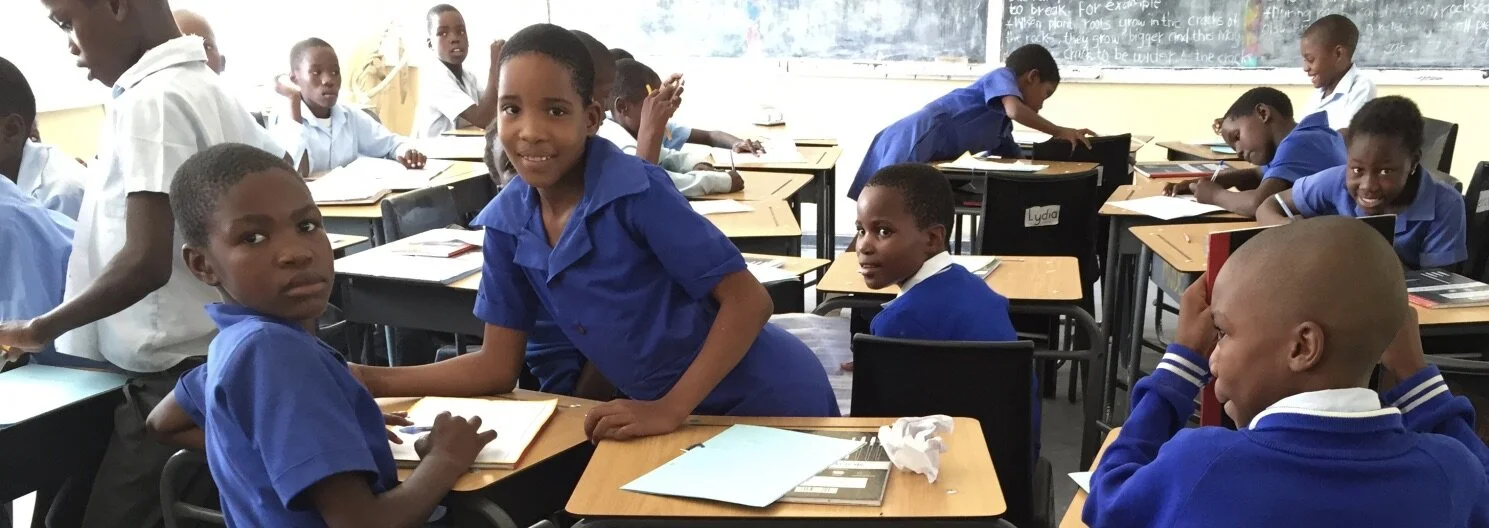Shelah’s expertise is focused in the following areas of gender and health:
Gender Based Violence
Sexual and Reproductive Health, including HIV and AIDS
Maternal, Newborn, and Child Health
Shelah’s Selected Works
Gender-Based Violence:
United Nations/European Union Spotlight Initivative to End Violence against Women and Girls:
Shelah worked with a collaboration of technical experts to develop standard, agreed-upon indicators and methods of data collection in 2008, when she authored “Violence against women and girls: a compendium of monitoring and evaluation indicators .” Most recently, Shelah collaborated with the United Nations Development Programme and the United Nations Entity for Gender Equality and the Empowerment of Women to write methodological notes for the outcome and output indicators for the United Nations/European Union Spotlight Initivative to End Violence against Women and Girls.
Botswana Gender-Based Violence Referral System:
In collaboration with the Government of Botswana (GoB) and USAID Botswana, Shelah co-directed the design and implementation of the Botswana Gender-Based Violence Referral System Project (GBVRSP) and designed and directed the qualitative evaluation of the activity. Piloted in two areas of Botswana, this mobile technology-based system aimed to increase the likelihood that GBV survivors get the care they need. GBV survivors need comprehensive care that comes from several sectors — in Botswana, health, social services, education, justice, security, and kgotla (traditional tribal authority) — but, previously, no formal system existed to track or make referrals between these agencies. Results showed a notable improvement in the way GBV providers worked with each other.
Women’s Justice and Empowerment Initiative:
Shelah co-led the qualitative evaluation of the three-year Women’s Justice and Empowerment Initiative aimed at the prevention of and response to GBV in four sub-Saharan African countries (Benin, Kenya, South Africa, and Zambia). Data were collected from program stakeholders at all levels, including community beneficiaries, in Benin and Kenya, and from program implementers and donors in South Africa and Zambia. Findings identified best practices for GBV prevention and response in these varied settings in sub-Saharan Africa.
Sexual and Reproductive Health, including HIV and AIDS:
Botswana National Gender and HIV Analysis
Shelah directed a PEPFAR mandated gender and HIV analysis in Botswana that included a full desk review, literature synthesis, analysis of all existing quantitative data on HIV and AIDS, and collection of primary qualitative data. She designed a qualitative inquiry using Focus Group Discussions (FGDs) with community beneficiaries and In-depth Interviews (IDIs) with service providers to identify gender-related drivers of HIV and barriers to prevention and care in PEPFAR priority regions of Botswana. Shelah coordinated stakeholders, managed the research team, and led writing on the report presenting evidence-based recommendations to mitigate gender-related barriers to improve access to HIV testing, treatment, and adherence.
UNAIDS Estimates Workshop
In collaboration with workshop facilitators, Shelah reshaped the design and delivery of UNAIDS biennial technical workshops (eleven workshops in eight regions). These workshops train country teams in the current version of Spectrum software for the purpose of producing national and sub-national HIV estimates.
Online Gender and M&E Online Course
Shelah directed the development and implementation of the first online curriculum for Gender and M&E of Health Programs and Policies. This course was adapted by UNICEF and required for all field office staff in 2017.
Shelah’s clients include the following organizations:
Maternal and Child Health:
Save the Children:
Shelah used grounded theory to analyze qualitative data collected to understand how to design effective, feasible, and culturally acceptable interventions to increase Maternal, Newborn, and Child Health and Family Planning service use among first time adolescent mothers in Nigeria. Findings showed that three sets of norms (gender, kinship, and community) mediate the well known predictors of maternal and newborn care use, such as finances, access to facilities, and perception of need.













